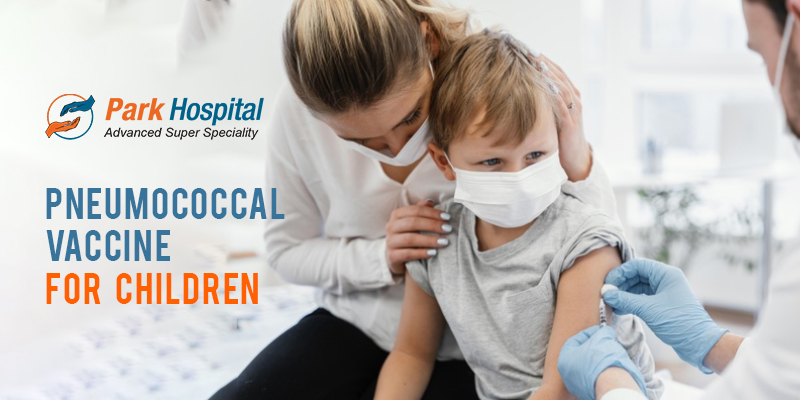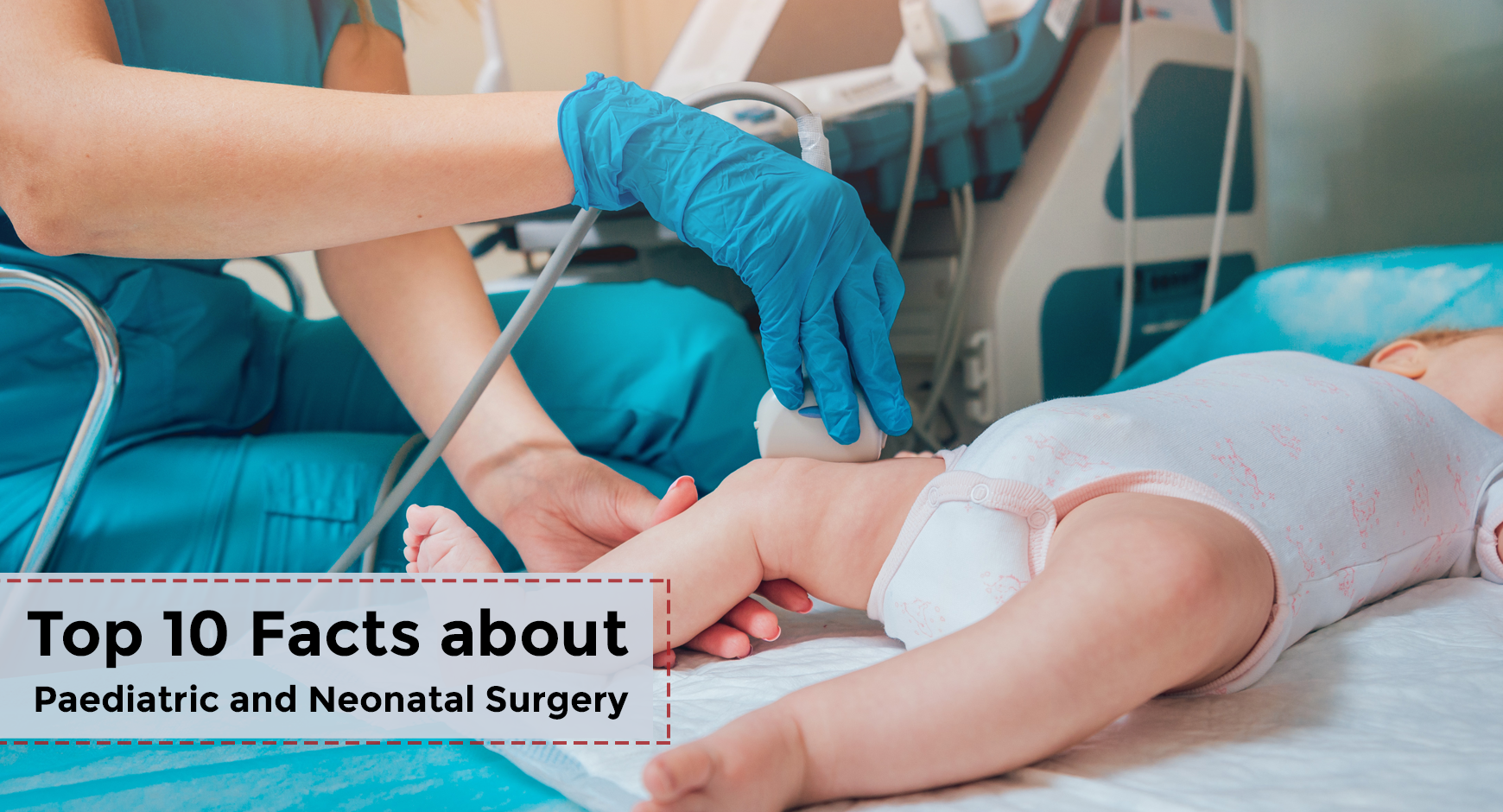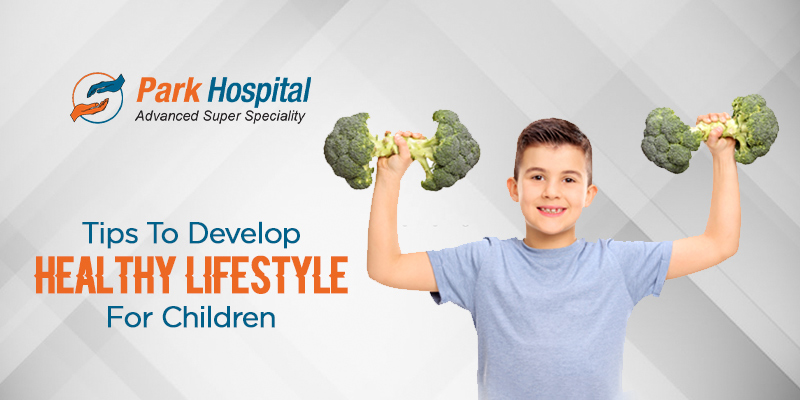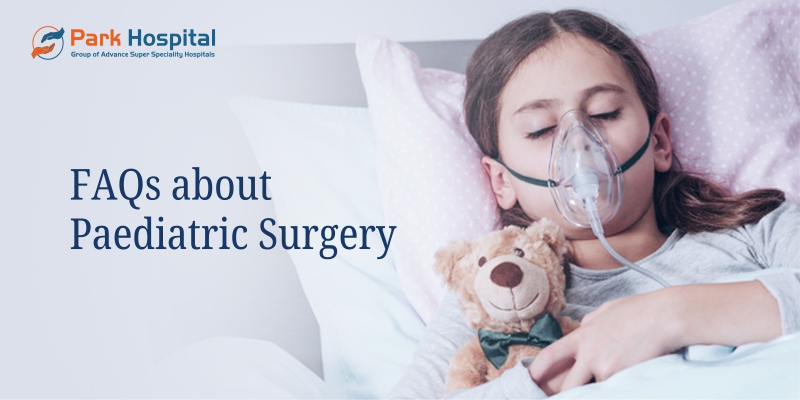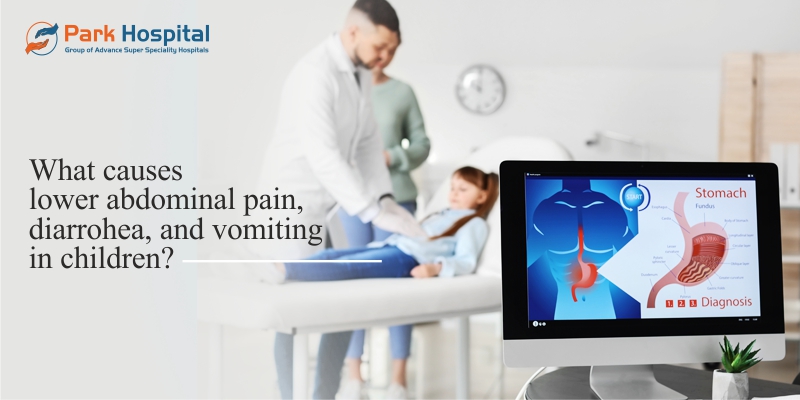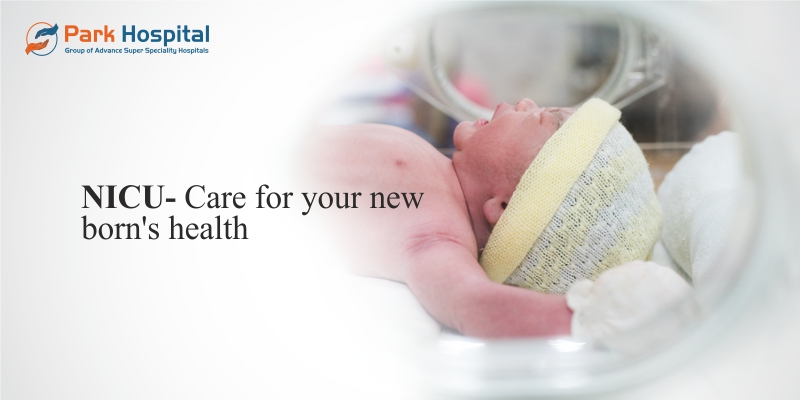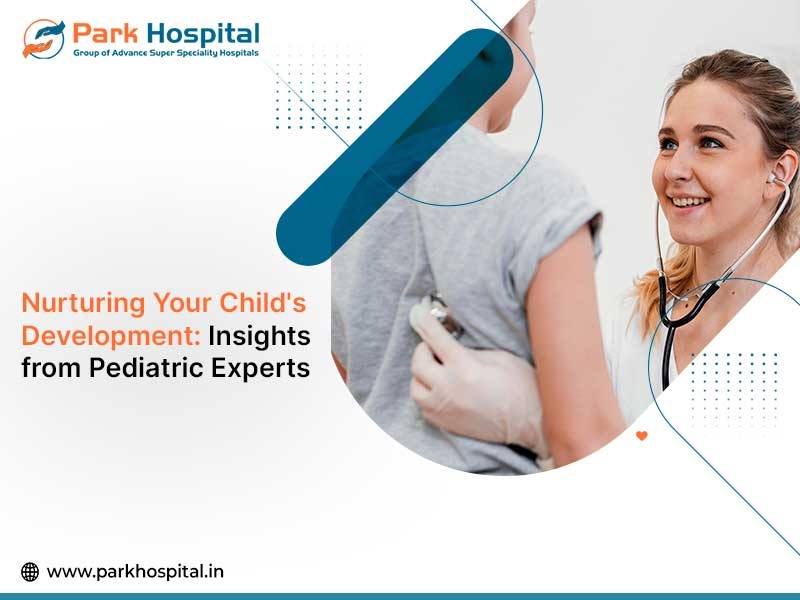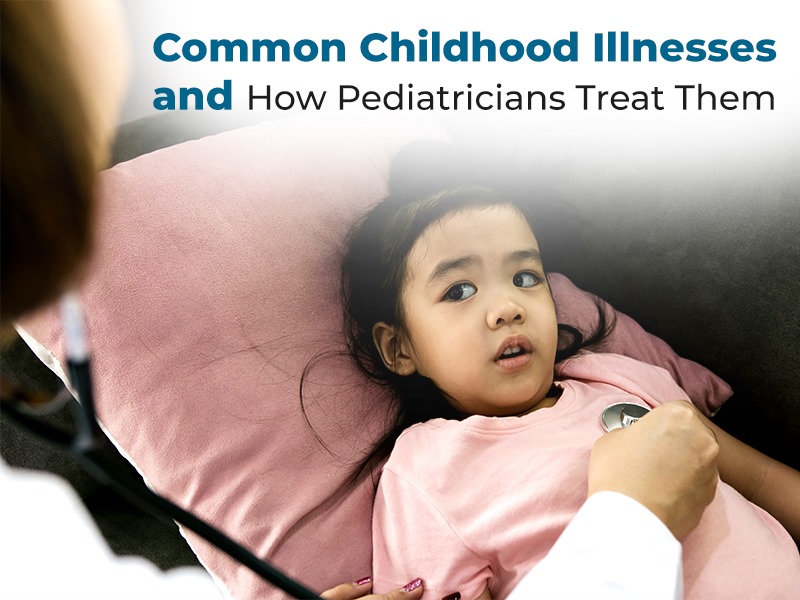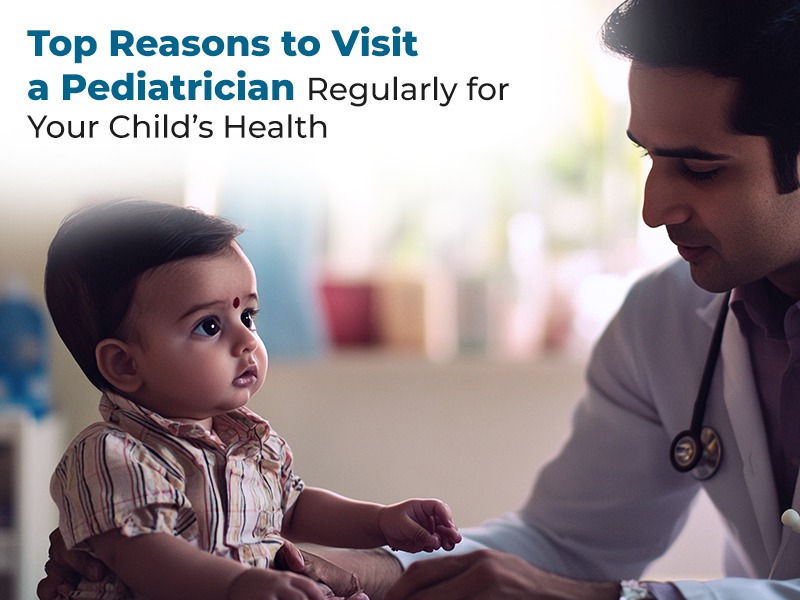Pneumococcal infections are caused by bacteria and can spread from one person to another person through contact. Once exposed to this infection your child is at the risk for some serious diseases like bacterial meningitis, pneumonia, ear infections and various blood infections.
The pneumococcal polysaccharide vaccine (PPSV23) and the pneumococcal conjugate vaccine (PCV13) fight the above-mentioned infection. The PPSV23 vaccine is known to fight off 23 different types of pneumococcal infections whereas the PCV13 wards off 13 different types of infections.
These vaccines are not only responsible to fight the bacteria in the child’s body but also ensures its containment. Children below 2 years are at greatest risk for serious Pneumococcal disease.

Pneumococcal Conjugate Vaccine (PCV13)
For infants, three doses at 6 weeks given, 4 weeks apart & on booster at 15-18 months of age.
The PPSV23 immunization is also recommended by pediatric doctors to kids between the age of 2 to 18 suffering from some chronic health disease like diabetes, kidney failure, lung or heart disease, cancer or HIV, and so on.
Why are these vaccines recommended?
The PCV13 and the PPSV23 are well known to prevent and fight off pneumococcal infection. As per pediatric doctors in Ambala, children below the age of 2 years and adults over the age of 65 especially with some health conditions are at a higher risk of contracting the infection.
Possible side effects of the vaccine:
The child may get a fever after receiving the shot. Apart from this, the child may experience swelling and redness. If your child experiences an allergic reaction, book an appointment with any of the pediatric doctors immediately.
When should the PPSV and PCV immunization be avoided/delayed?
The vaccines should be avoided in the following cases:
- The child experienced an allergic reaction to the previous dose of the vaccine.
- The child is currently sick. However, the immunization shouldn’t stop due to minor illnesses or common cold.
What to do after your child has received the vaccine?
The immunization vaccines may cause soreness, redness, and mild fever. It is important to contact a pediatric specialist for the proper dose of ibuprofen and acetaminophen for fever or pain.
Conclusion
Make sure to contact your pediatric specialist if your child experiences an allergic reaction or has a high fever after getting the shot or if they have missed one.
We at Park Hospital use state-of-art technology coupled with some of the best doctors in the field to help you combat your ailments. We have some of the best pediatric doctors in Ambala that are dedicated to making sure your kids grow healthy and happy.
Contact us to know more.

